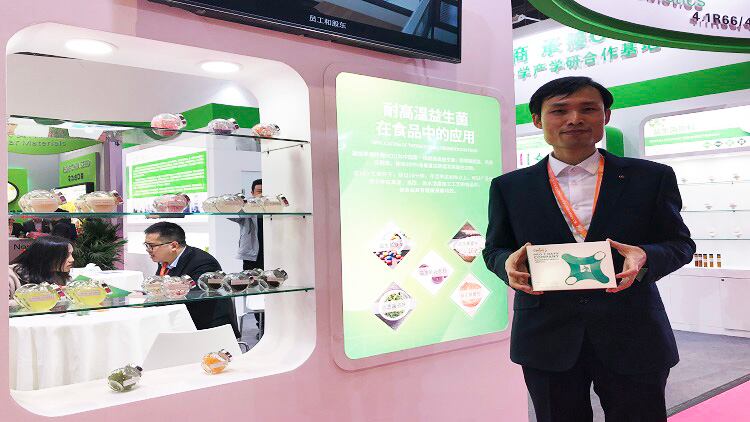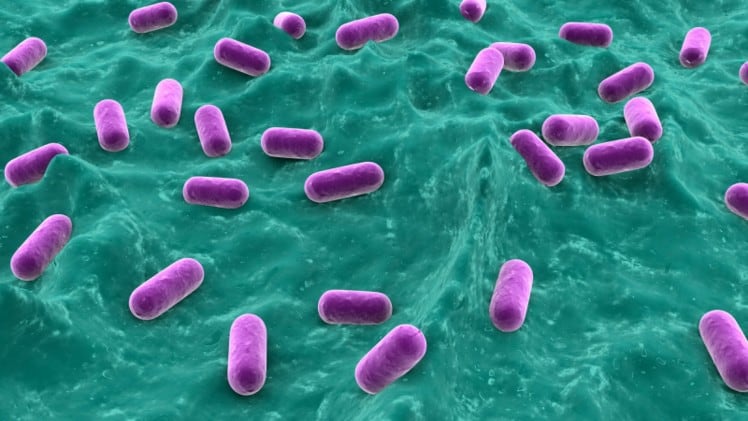Spore-forming bacteria, such as Bacillus coagulans, are known for their resilience against heat and pH, making them an attractive probiotic ingredient for uses beyond chilled yoghurts and beverages.
Now, Chinese firm Thankcome is also joining the heat-stable probiotics scene with its propriety strain, BC-01.
Speaking to NutraIngredients-Asia at the Food Ingredients China exhibition, Chris Yu, general manager of Thankcome, said that the firm was the first Chinese firm to secure production approval of the probiotics for use in food, after the Chinese authorities ruled that bacillus coagulans was fit for use in such products in May 2016.
Prior to that, most of the probiotics strains approved for use in food were lactobacillus.
For BC-01, the joint R&D process with Jiangnan University started in June 2017. Eighteen months later, the R&D team had successfully developed a technology that induces bacillus coagulans to form spores.
He said that BC-01 was able to survive even at 100 degree Celsius and the survival rate in the intestines was 100%.
In last November, the firm launched the first finished product that contains BC-01. Since then, more than 10 products containing BC-01 are available in the market, of which two are its in-house label, Yi Jun Jun’s products, namely a solid beverage and a powder probiotics product.
“Since probiotics is a functional ingredient, we hope that we can add in into all sorts of food, such as beverage, coffee, gummies, and oats
“However, to add probiotics into more types of applications, we need to have probiotics strains which are highly stable.
“With spores forming BC-01, we can make a wider range of probiotics products, instead of merely chilled yogurt and beverages,” Yu said.
He said that the firm had already produced prototypes of BC-01 in coffee, tea, buns, and gummies and was introducing the formulation solution to these end-product manufacturers.
“By adding such heat resilient probiotics, end-product manufacturers can also differentiate their products from others that are already available in the market.”
Spores-forming technology
The R&D team induced bacillus coagulan to form spores by controlling the environment of the medium.
Yu explained that the BC-01 did not form spores naturally and a technique was needed to induce its spore forming ability.
After isolating the strain from local dish Sichuan fermented spicy bean sauce, nutrients were provided to enable the bacteria to multiply.
After the multiplication process has hit the desired amount, signals will be sent out to induce the bacteria to form spores.
Yu declined to reveal details about the technology but said that the signals given include adding a substance, changing the environment conditions in which the bacteria is grown, and claimed that the spore-forming rate was as high as 93%.
“Once we think we have enough, we will give it a signal, such as adding a substance in, such as changes in the temperature and pH, and they will form a spore to protect themselves from the changes in the environment,” he said.





